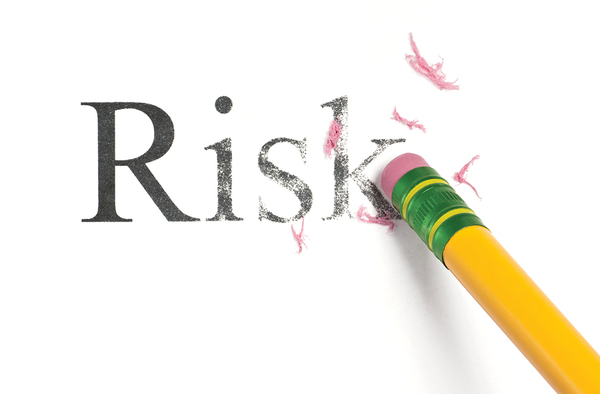Excerpt:
It's a common misconception that selling loans only makes sense when credit is poor. In reality, banks and credit unions will find benefits to selling certain loans even when credit quality is good.
Post:
There is a thriving secondary market for loans, but the common misconception is that it only makes sense to sell a loan where there is a credit risk. This isn't always the case. In fact, there are a number of situations in which it makes sense to sell a loan when credit quality is good.
 Lenders can receive benefits from selling loans even when credit quality is good.
Lenders can receive benefits from selling loans even when credit quality is good.
Selling Loans When Certain Risks Are High
Even when credit is strong, certain assets might involve higher risks, which will cut into lender bottom line results over time. By reducing these uncertainties, lenders can strengthen their overall book of business and improve margins. Some of the different types of risks that would be candidates for loan sales include:
- Headline Risk. Foreclosing on certain businesses could bring unwanted media attention to your bank. For example, when lenders are forced to foreclose on churches, this not only creates bad press but also ill will in the community. According to Reuters, the number of church foreclosures skyrocketed after the 2008 financial crisis. Other types of foreclosures that would not play well in the media include those of schools, nursing homes, day care facilities, and other non-profit organizations.
- Special Use Properties. The presence of a quantity of OREO assets on a lender's balance sheet can raise concerns about the overall health of the organization. Having special use properties that are taken into OREO increases the uncertainty surrounding ultimate sale proceeds and timing. Some loans in this class might include those for restaurants, bowling alleys, funeral homes, car washes, cultural centers, and car dealerships.
- Environmental Sensitivities. Lenders may want to avoid situations in which they are listed on the chain of title for environmentally sensitive properties. Not only can borrowers wind up with potentially high costs if there is an issue which can impact their ability to repay a loan, but banks will also want to avoid being tied to liability for contaminated property. Some examples of these properties include dry cleaners, gas stations, and auto repair facilities.
- Intractable Borrowers. Some borrowers have excellent credit but are simply high risk. They might cost the lender time and money through complaints about underperformance or even litigious actions that can drag on for years. When banks or credit unions can identify these types of risks, it makes sense to put the loans up for sale quickly.
 Lenders can reduce risk and avoid foreclosure on special-use collateral and sensitive assets.
Lenders can reduce risk and avoid foreclosure on special-use collateral and sensitive assets.
Why Sell When Credit Quality is Good?
Even in times of relatively strong credit, lenders use loan sales to avoid foreclosure on sensitive assets or special-use collateral. Our loan sales commonly include these types of collateral, which are all assets that a bank would rather avoid foreclosing on.
As a lender, it makes sense to sell these assets because they can sit in workout for extended periods (sometimes years), creating a tremendous drain on capital. Banks and credit unions can bundle and sell these nonperforming loans and reduce risk simultaneously.
Sign up for our newsletter to learn more about how working with a loan sale advisory service can help your business achieve its goals.
It's a common misconception that selling loans only makes sense when credit is poor. In reality, banks and credit unions will find benefits to selling certain loans even when credit quality is good.


 Lenders can receive benefits from selling loans even when credit quality is good.
Lenders can receive benefits from selling loans even when credit quality is good.  Lenders can reduce risk and avoid foreclosure on special-use collateral and sensitive assets.
Lenders can reduce risk and avoid foreclosure on special-use collateral and sensitive assets. 
